Iran rejects Reuters report on deal in Vienna talks as effort to boost Western side's standing
Iran has rejected a report by Reuters news agency about a deal having been drafted in the Vienna talks on the revival of the 2015 Iran deal, saying that it is only meant to boost the position of the Western parties to the talks and has nothing to do with what is happening on the ground in the Austrian capital.
On Thursday, Reuters claimed that it has gained access to a 20-page draft agreement allegedly clinched by the participants in the Vienna talks, which stipulates a sequence of steps to be implemented once it has been approved by the remaining parties to the deal. It added that the agreement starts with a phase, including Iran suspending enrichment above 5% purity and other measures such as unfreezing of about $7 billion in Iranian funds stuck in South Korean banks under US sanctions. Reuters further claimed that the draft also includes the release of a number of Iranian nationals, who also hold American and European citizenships and have been sentenced to jail terms on grounds of taking measures against the country’s national security.
The Reuters report also alleged that the draft has also noted that the removal of some particularly sensitive sanctions could also require Iranian and US officials to meet directly, which has so far been categorically rejected by Iranian officials.
Later on Thursday, Iran’s Nour News website, which is close to the Supreme National Security Council (SNSC), carried a report refuting the Reuters claim and stressing that it only aims to depict a false image of what is going on in Vienna in order to boost the Western parties’ standing in the negotiations and prove that they have gained major concessions from the Iranian side.
“Iran has stated from the beginning that as long as the United States does not take the necessary steps to remove sanctions, the Islamic Republic will not do anything to reduce its nuclear activities, which are in line with its obligations under the JCPOA,” the report said, referring to the 2015 Iran deal, officially known as the Joint Comprehensive Plan of Action (JCPOA).
Nour News website further rejected Reuters' claim that the release of American and European prisoners held in Iran is part of the Vienna draft agreement, stressing that the issue of a possible prisoner swap has nothing to do with the ongoing talks in the Austrian capital.
“The United States was the party that withdrew from an agreement on the exchange of prisoners, and Iran is ready to act in this regard within the framework of previous agreements,” the report noted.
Nour News website added, “Contrary to Reuters' claim that direct negotiations between the United States and Iran are a prerequisite for reaching a final agreement in Vienna, the Iranian delegation has no plan for direct talks with the American side.”
'Misinformation disguised as reporting is dangerous'
In a relevant development and later on Thursday, Iran’s Foreign Ministry spokesman also reacted to Reuters’ false report in a tweet, saying, “Misinformation disguised as reporting is dangerous.”
Saeed Khatibzadeh added, “The final deal to let the US return to the JCPOA will be far from the unsourced spin making the rounds. It won't be a bilateral agreement either.”
Misinformation disguised as reporting is dangerous.
— Saeed Khatibzadeh | سعید خطیبزاده (@SKhatibzadeh) February 17, 2022
The final deal to let the US return to the JCPOA will be far from the unsourced spin making the rounds. It won't be a bilateral agreement either.
Expect more spin as we approach final days.
Russia: Opponents of deal trying to create unhealthy atmosphere
Russia's chief negotiator to the Vienna talks also took to Twitter on Thursday, accusing “the opponents of the nuclear deal” of “trying to create unhealthy atmosphere around final stage” of the Vienna talks.
Mikhail Ulyanov said the opponents of the deal “are becoming more and more proactive in the public space” as the negotiating parties “are getting closer to an agreement on restoration of #JCPOA.”
As we are getting closer to an agreement on restoration of #JCPOA, the opponents of the nuclear deal are becoming more and more proactive in the public space trying to create unhealthy atmosphere around final stage of the #ViennaTalks.
— Mikhail Ulyanov (@Amb_Ulyanov) February 17, 2022
Washington left the JCPOA in 2018 and began to implement what it called the “maximum pressure” campaign of sanctions against the Islamic Republic, depriving the country of the economic benefits of the agreement, including the removal of sanctions, for which Iran had agreed to certain caps on its nuclear activities.
In the meantime, the other parties to the deal, in particular France, Britain and Germany, only paid lip service to safeguarding Iran’s economic dividends as promised under the JCPOA, prompting Iran – after an entire year of “strategic patience” – to reduce its nuclear obligations in a legal move under the deal.
The Vienna talks began last April on the assumption that the US, under the Joe Biden administration, is willing to repeal the so-called maximum pressure policy pursued by former president Donald Trump.
Tehran says it won’t settle for anything less than the removal of all US sanctions in a verifiable manner. It also wants guarantees that Washington would not abandon the agreement again.
VIDEO | Press TV's news headlines
Child detentions surge under Trump deportation campaign: Report
VIDEO | Trump's Gaza 'peace plan' dismissed as 'one-sided and unworkable'
Sheikh Qassem: Hezbollah foiled objectives of enemy’s aggression
VIDEO | Transatlantic rift at Munich Security Conference
‘Textbook definition of terrorism’: Tehran denounces Pelosi’s call on US to exact ‘pain’ on Iranians
VIDEO | 39th AU summit opens in Addis Ababa with focus on water security, peace, and development
VIDEO | Iran: The stronghold Washington lost


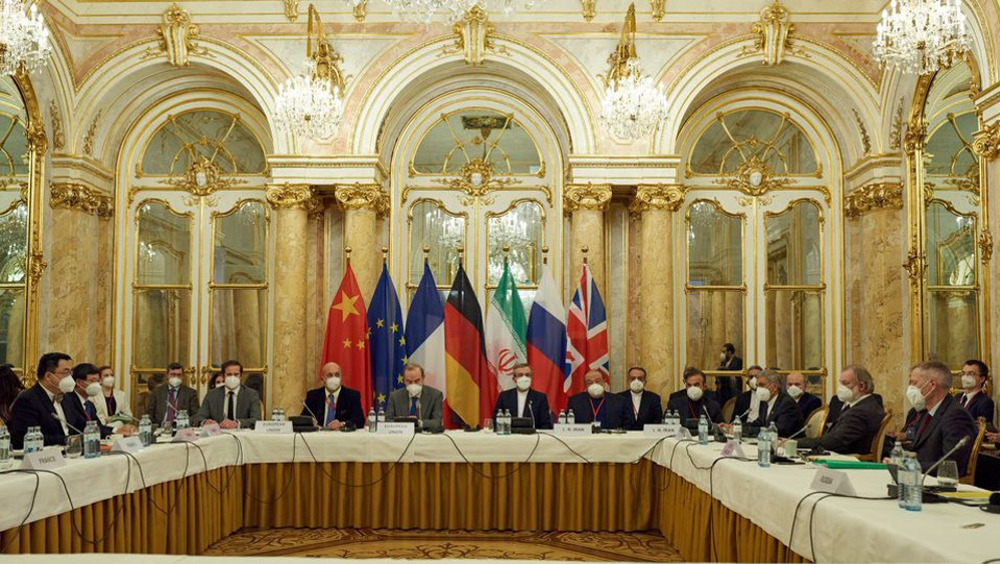
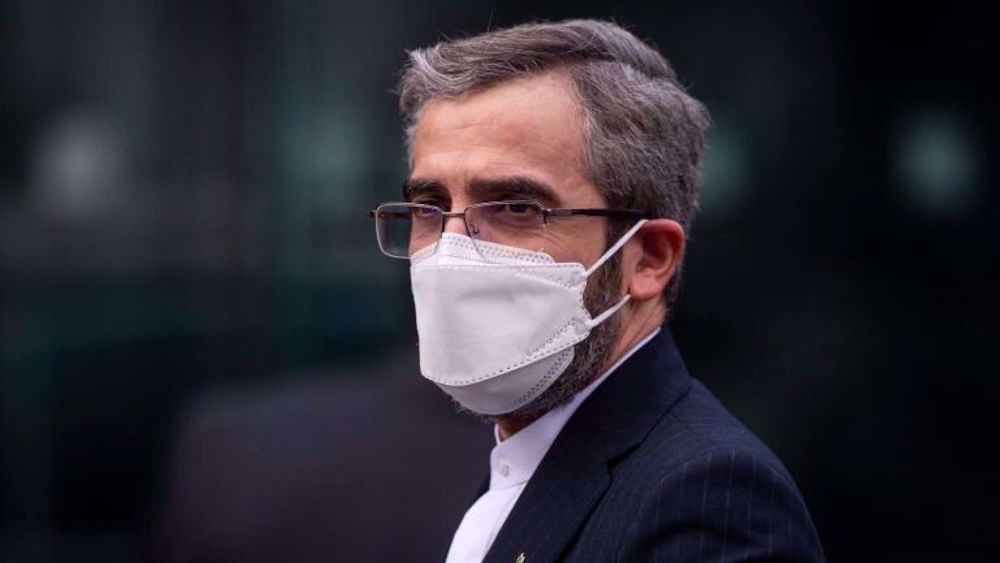
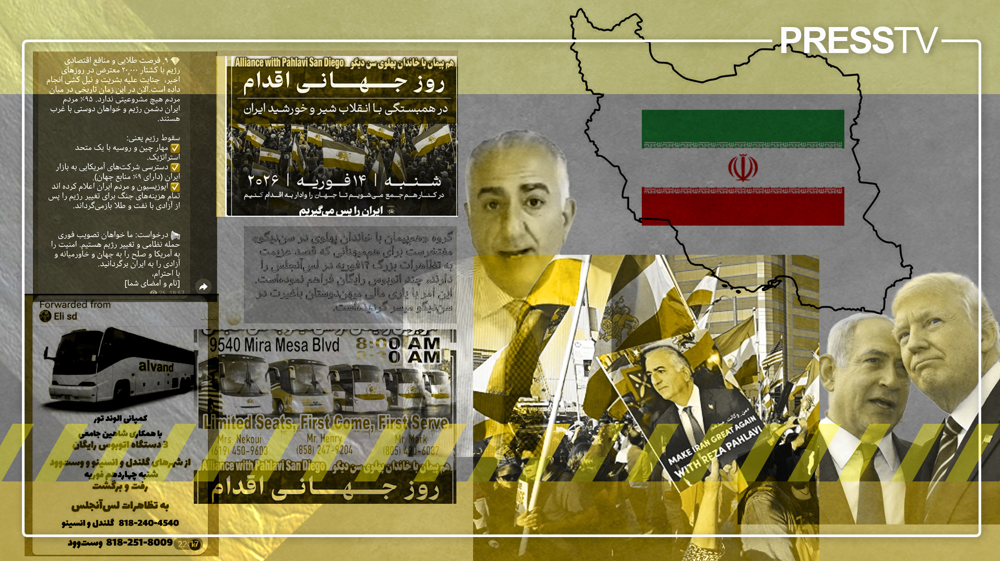
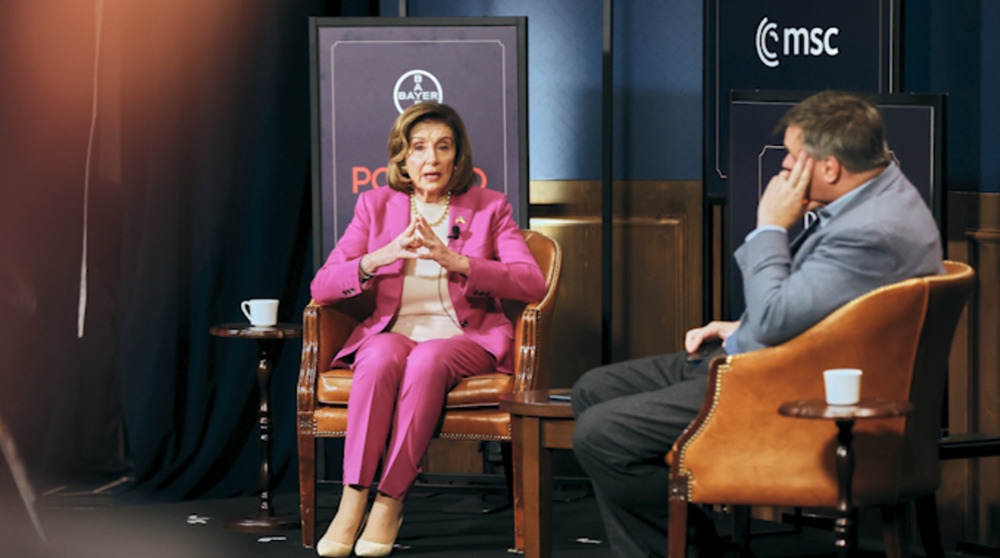
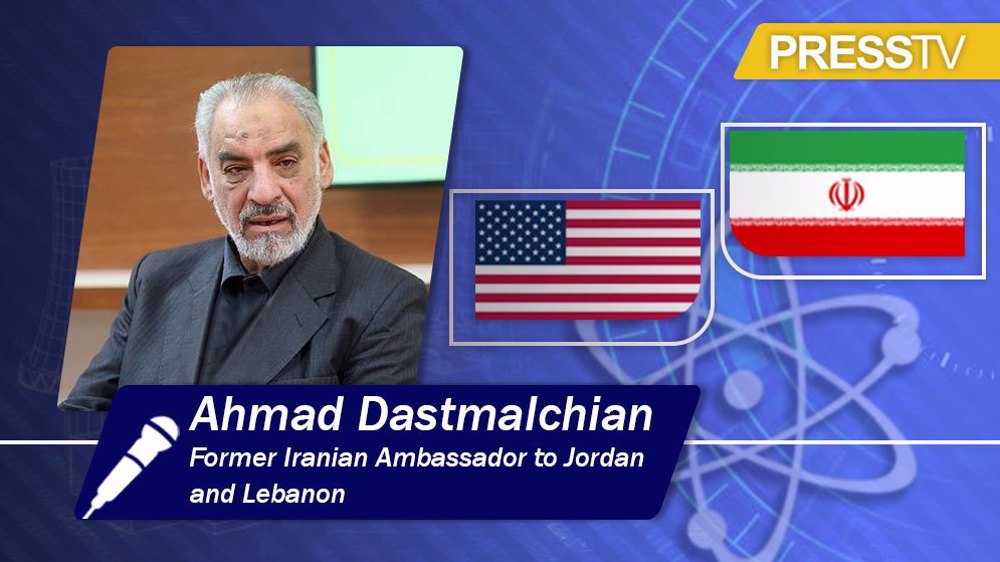




 This makes it easy to access the Press TV website
This makes it easy to access the Press TV website